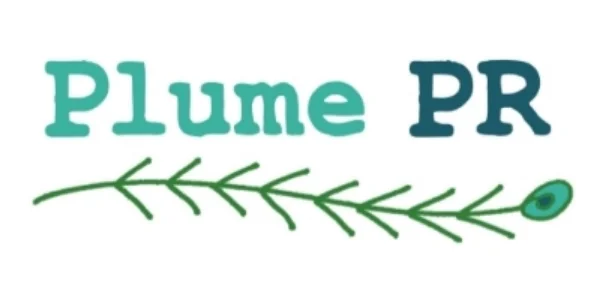What makes a great written brief?
/What makes a great written brief?
PRs like me spend much of our lives writing. Whether it’s press releases, whitepapers, brochures or the opener for your next email marketing campaign, the same rule applies: give a clear and concise brief.
The PR profession is beholden to the brief, for it's the requirement set out by the client. It’s what we live and die by, what holds us to account and determines if we’ve done a good job; yet all too often briefs are ill-considered, incomplete or written on the hoof. Over the years I’ve received countless ‘briefs’ (I use the word lightly) that fail to provide all the answers, briefs that I’ve had to decipher by wading through forwarded emails or ringing countless people in hope of clarity.
A copywriter or PRs time is best spent producing the content – not trying to figure out what the client is asking for. Age and experience has shown me that only when a brief is crystal clear will I begin. After all, time is money for everyone.
So what does a good brief look like?
Be specific: Detail is a copywriter’s friend. Specify your audience, the brand’s tone of voice, the purpose of the piece (is it to educate, inspire etc), how it will be used (online, magazine, posters) and also the amount of copy you need. The more detail you can provide the more likely the finished article will tick all the boxes. If you’re working with a copywriter or PR for the first time, make sure they also have a copy of your key messages.
Point to the right resources: If there’s already a couple of experts in your organisation that could be the 'fountain of all info' for this task, or you know of some source materials that will help, put it all in the brief. Phone numbers, emails, web addresses and social media profiles all help to save time and ensure focus is directed in the right place.
Timescales: Be clear about your expectations and set a deadline. Take into account that large pieces of copywriting, such as a whitepaper or feature, take more time than a press release and often need background reading and preparatory time too.
Approval process: Be clear whether you’re asking for a piece of work that still needs to be approved or if you expect your PR to have managed that with all the stakeholders involved.
By capturing all the information about the project in one document you give your PR the best chance of success - which means success for you too!
